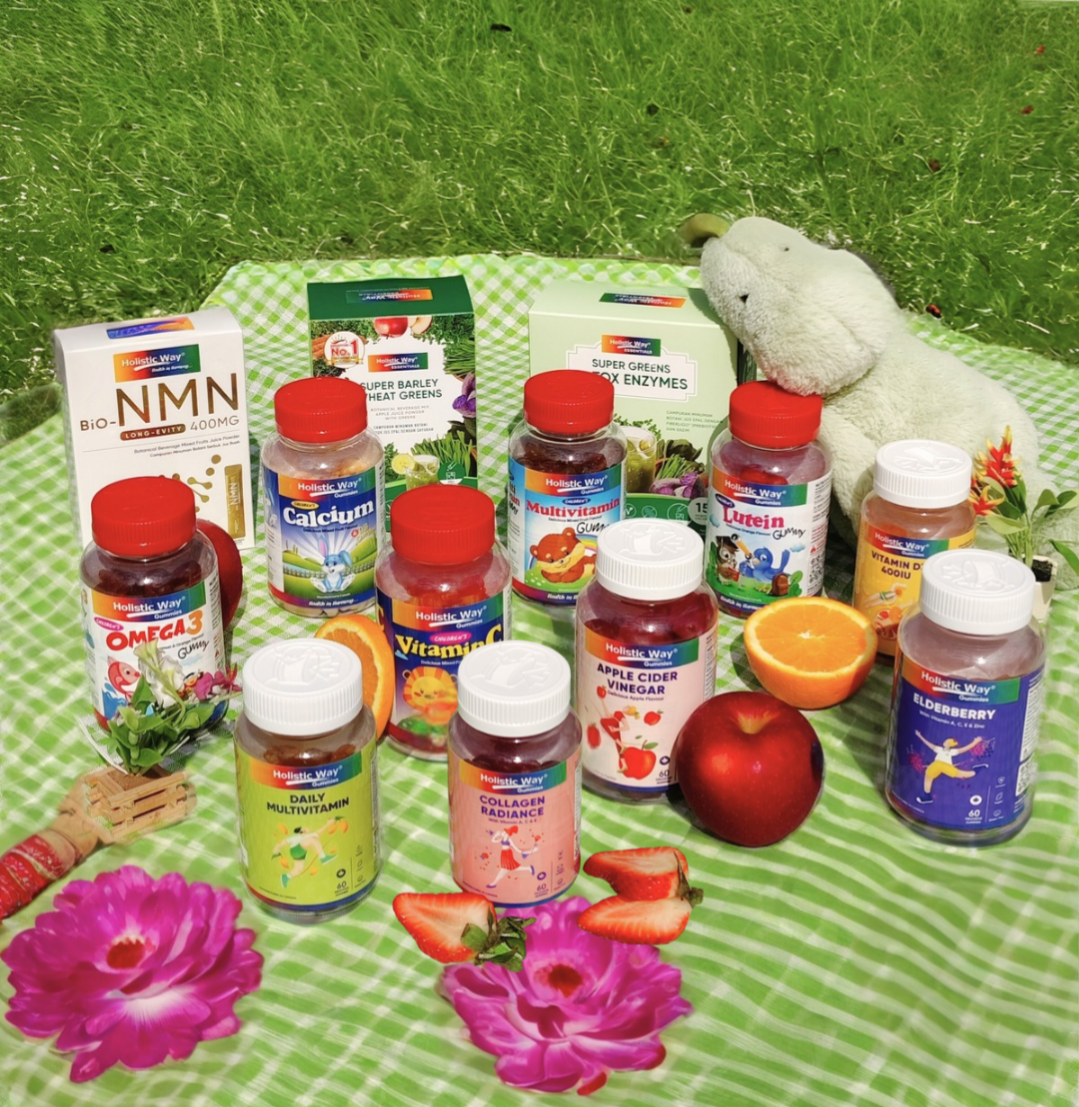
Prepared by Nutritionist Jade
In times of elevated temperatures, accompanied by increased humidity and intense sunlight, it becomes crucial to maintain proper hydration. The most effective approach to achieve this is by ensuring an adequate consumption of water. The elevated heat outside can also cause us to sweat more than usual. This can potentially lead to a concerning outcome: the depletion of vital vitamins and minerals within the body. This underscores the significance of adjusting our dietary consumption. Thus, let us delve deeper into the essential vitamins and minerals during hot weather.
Vitamin A
Research and available data indicate that regular consumption of vitamin A can aid in the restoration of skin impairment caused by exposure to sun ultraviolet radiation. Natural sources of vitamin A includes dark leafy green vegetables such as kale. Yellow bell peppers, strawberries and kiwi also contain a fair amount of it.
Vitamin C
Vitamin C plays a vital role in maintaining the proper functioning of our sweat glands. It acts as a safeguard against heat strokes and heat rashes when temperatures soar. Additionally, the well-known attribute of vitamin C is its capacity as a enhancer of the immune system. Berries, tomatoes, and broccoli are among the various fruits and vegetables abundant in vitamin C content.
Vitamin E
If you are planning to do outdoor activities in hot months, Vitamin E is excellent in boosting your energy and it can increase muscle strength and physical endurance, while also acting as a shield against sun-induced skin damage. Spinach, tofu, and nuts are natural sources of vitamin E.
Magnesium
Magnesium plays a definite role in thermoregulation. When we experience heat exhaustion or heatstroke, our pulse increases significantly as our heart goes into overdrive to keep our body cool. Magnesium helps support a healthy heart when put under strain. Seeds, nuts and avocados are great sources of magnesium.
References
- Antille, Christophe, et al. (2003) Vitamin A exerts a photoprotective action in skin by absorbing ultraviolet B radiation. Journal of Investigative Dermatology 121.5: 1163-1167.
- Eberlein-König, B., Placzek, M., & Przybilla, B. (1998). Protective effect against sunburn of combined systemic ascorbic acid (vitamin C) and d-α-tocopherol (vitamin E). Journal of the American Academy of Dermatology, 38(1), 45-48.
- Stendig-Lindberg G, Moran D, Shapiro Y. (1998) How significant is magnesium in thermoregulation? J Basic Clin Physiol Pharmacol. 9(1):73-85. doi: 10.1515/jbcpp.1998.9.1.73. PMID: 9793804.







